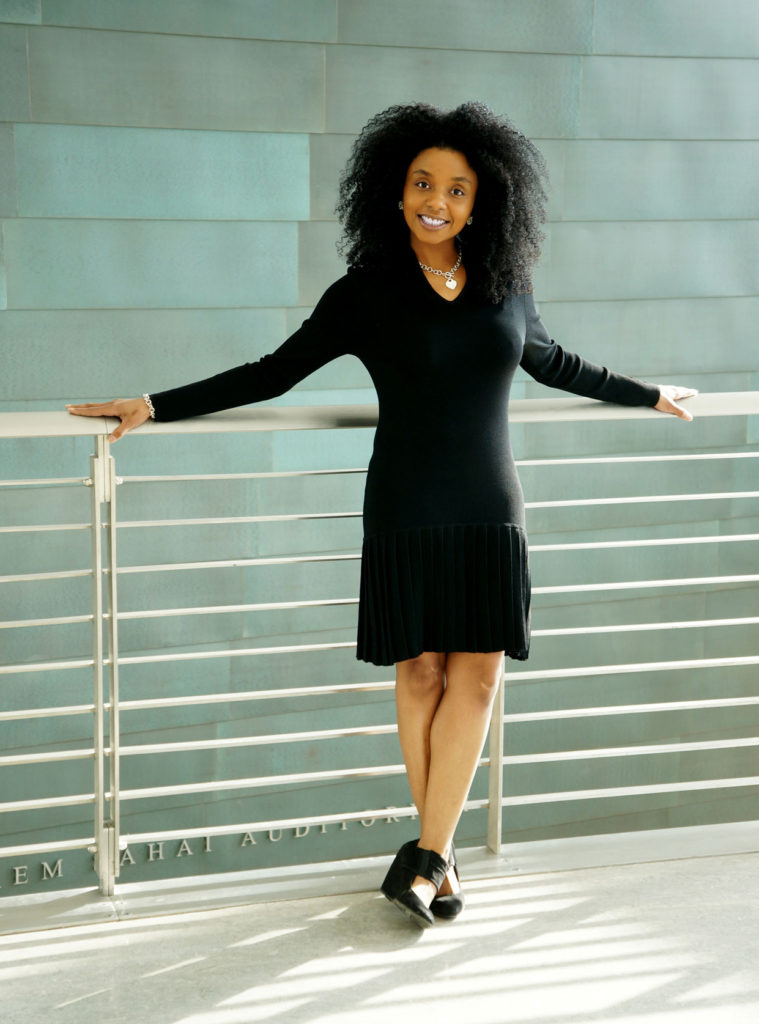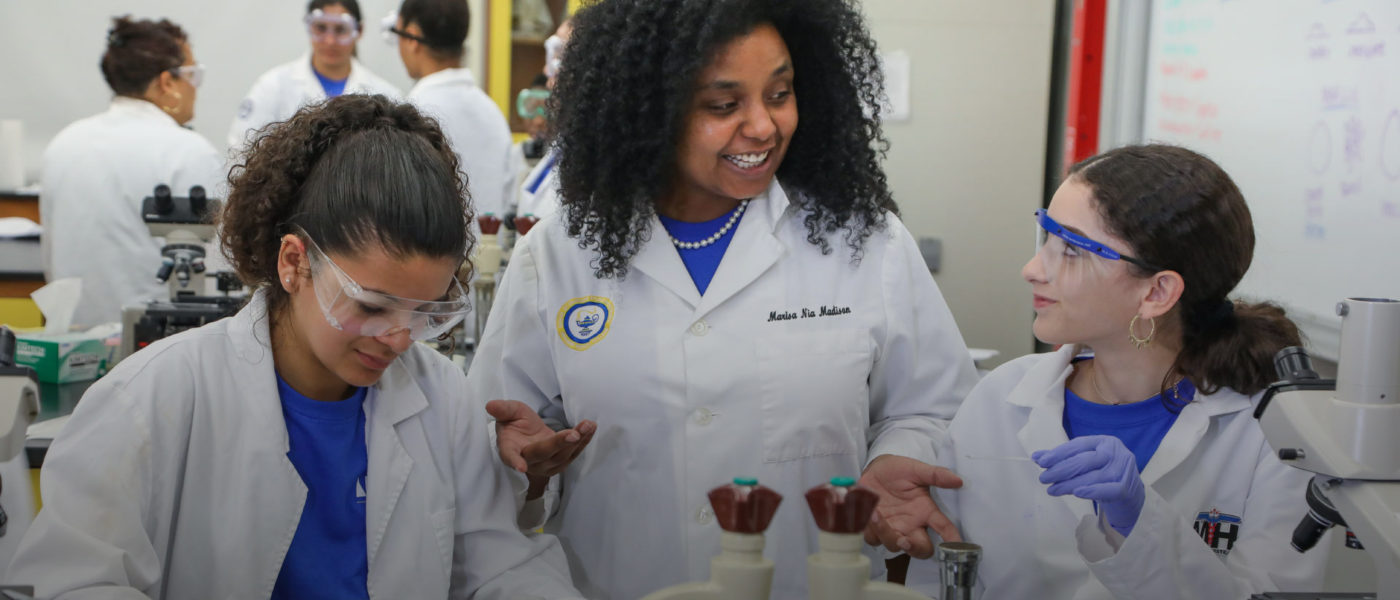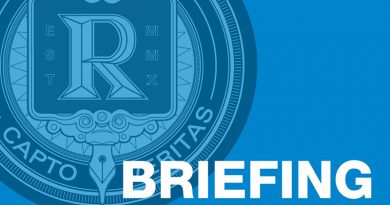Homestead Campus Professor To Be Featured On The TV Show Mission Unstoppable
Marisa Nia Madison is ready to share her love for science with a national audience.
The 43-year-old biology professor at Homestead Campus will be featured on an upcoming episode of Mission Unstoppable, a television show on CBS that highlights female innovators with careers in the STEM (Science, Technology, Engineering and Math) fields.
Previous guests have included Agnes Larsson, the game director for Minecraft, Erin Macdonald, an astrophysicist and Star Trek consultant, and Monica Rho, the team physician for the Women’s National Soccer Team.
The show—hosted by former Nickelodeon iCarly star Miranda Cosgrove—airs every Saturday at 10 a.m. A specific run date for Madison’s episode has not been announced.
“Mission Unstoppable depicts all sorts of women in all sorts of STEM fields that people don’t even know existed,” Madison said. “They show young girls not only that there are so many choices for a career and education in STEM, but that women are doing [them].”
During the seven-minute segment, Madison will show viewers how to build a microscope and answer questions about her career in the science field.
It took two days to film the episode—10 hours on the first day and seven hours on the second day. Madison recorded herself from a lab at Homestead Campus using various cameras, a cell phone and a tablet to capture multiple angles.

Madison was born in Chicago, Illinois. However, she spent most of her adolescence bouncing between Texas and Arizona every time her dad, a radiologist, switched jobs.
Her original plan was to continue the family legacy and become a physician. Twenty-four of her relatives—going as far back as the 1800s—have practiced the profession. However, she changed her mind after watching an HBO documentary about the Human Immunodeficiency Virus pandemic in sub-Saharan Africa when she was 12.
In 1995, she graduated from Granbury High School in Texas and decided to become a biomedical scientist. Five years later, she earned a bachelor’s degree in biology from East Texas Baptist University in Marshall, Texas. In 2008, she earned a doctorate degree in biomedical sciences from Meharry Medical College in Nashville, Tennessee.
Four years later, Madison started working as a postdoctoral research fellow in the University of Iowa’s Department of Microbiology and Infectious Diseases, where she conducted biomedical research on HIV infectivity.
After three years at the University of Iowa, she landed a job as an associate professor and director of HIV research at the Homestead Campus in August of 2015.
At MDC, Madison teaches more than 200 students and helps them gain research experience. She also secures grants to buy research equipment and does community outreach.
“[Her] passion for HIV research made our work together so special even when we faced challenges with our experiments,” said Michelle Montoya, who was one of Madison’s research interns before graduating from MDC in 2017. “She showed us the beauty in research and science and challenged us every time we were in the classroom.”
Due to the pandemic, Madison was forced to conduct her HIV research remotely. This semester, her interns are using a computer algorithm that can predict when proteins will bind to one another. They are using reverse transcriptase, an enzyme that HIV needs to establish infection.
“[Seeing] my research interns and students’ eyes when something becomes clear to them and they have learned something they didn’t know before brings me excitement,” Madison said. “It’s really rewarding to see I impacted someone’s education by helping them build their foundation of knowledge.”
Madison’s goal is to get more women to work in science-based careers. Although women’s representation in STEM fields has increased steadily—going from 19 to 64 percent between 1970 and 2019—men still make up 73 percent of the field’s workers. In addition, the percentage of Black women who work in science and engineering is only 2.5 percent.
“Everyone that applies or volunteers to do research with me are Black and Brown women,” Madison said. “I’m really passionate about increasing the number of women in science, so [I feel] like I am succeeding in diversifying STEM and getting more women interested in the field.”
Madison was recognized as one of 125 IF/THEN Ambassadors for the American Association for the Advancement of Science in 2019. She also received a $10,000 IF/THEN Engagement Grant from Lyda Hill Philanthropies last year and was named a L’Oréal USA For Women in Science grant award recipient four consecutive times between 2016 and 2020.
Most recently, she was named a STEM Ambassador for the American Association of University Women, where accomplished women with diverse backgrounds help community groups visualize their futures in STEM.
“She is an ambassador for STEM in every aspect,” said Niki Goenaga, the chair of the math and science departments at Homestead Campus. “If she could, she would walk around with a microscope under her arm and allow everyone to peek through to see all the cool things she works with. Her energy and passion for science are infectious.”



